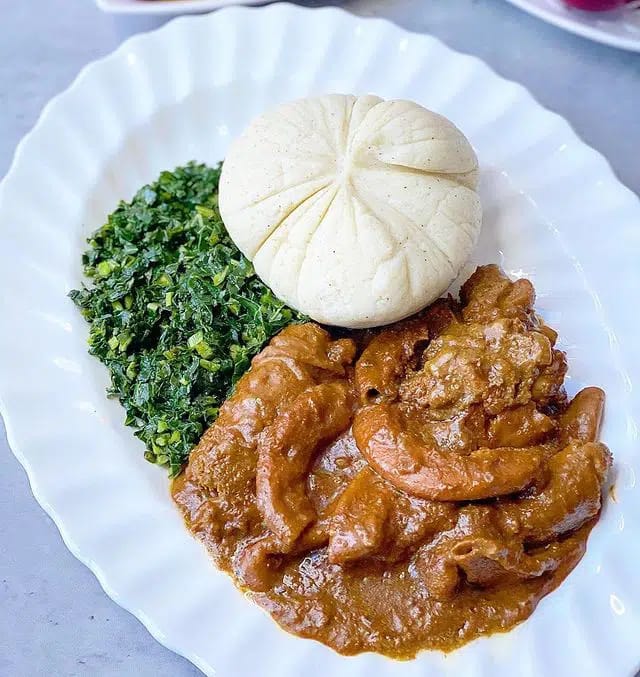Chantelle Bongubukhosi Ncube
The health of the African youth is increasingly under threat as changes in dietary habits have led to a significant rise in hypertension and stroke cases among those aged 14 to 25.
The abandonment of traditional diets in favor of modern, fast processed foods is a primary factor driving this alarming trend.
The Shift from Traditional Diets
In recent decades, there has been a noticeable shift away from traditional African diets, which are rich in whole grains, fruits, vegetables, and lean proteins.
Instead, many young Africans are consuming diets high in refined sugars, unhealthy fats, and fast processed foods. This transition has been fueled by globalization, urbanization, and the growing influence of Western fast food culture.
The consequences of this dietary shift are dire. Hypertension, commonly known as high blood pressure, is a significant risk factor for stroke. Studies have shown that African youths are now experiencing hypertension at rates previously unseen in this age group.
A study published in the Journal of Hypertension found that approximately 15% of African adolescents aged 14-18 have elevated blood pressure levels, a figure that rises to 25% among those aged 19-25 .
This is in stark contrast to older generations who adhered more closely to traditional diets and exhibited lower rates of hypertension and stroke.
Traditional African diets offer numerous health benefits, which are increasingly overlooked. These diets are naturally low in processed sugars and unhealthy fats, and they include a variety of nutrient-dense foods that promote overall health. Key components of traditional African diets include:
Whole Grains: Foods like millet, sorghum, and maize are staples in many African countries. These grains are high in fiber, which helps maintain healthy blood pressure levels and reduces the risk of stroke.
Fruits and Vegetables: A variety of fruits and vegetables, including leafy greens, tomatoes, and okra, provide essential vitamins and minerals that support cardiovascular health.
Legumes and Nuts: Beans, lentils, and nuts are excellent sources of plant-based proteins and healthy fats, contributing to a balanced diet that supports heart health.
Traditional diets often include lean meats, fish, and plant-based proteins, which are low in unhealthy fats and help maintain healthy cholesterol levels.
Statistical Evidence
Research from the World Health Organization (WHO) indicates that the prevalence of hypertension among African youths has increased by 8% over the past decade .
Additionally, the African Stroke Organization reports that stroke incidents among youths aged 15-25 have doubled in the last 15 years, correlating with the rise in hypertension and poor dietary habits .
Dr. John Ngarande, a leading nutritionist at the University of Zimbabwe, emphasizes the importance of reverting to traditional diets to combat this health crisis.
“The high incidence of hypertension and stroke among our youths is a clear indicator that our current dietary trends are unsustainable. Traditional foods offer a protective factor against these diseases, and their reintroduction into our daily meals could reverse this trend,” he stated .
Similarly, a study by the African Journal of Food, Agriculture, Nutrition and Development highlights that traditional diets can significantly reduce the risk of non-communicable diseases, including hypertension and stroke. The study advocates for public health initiatives that promote the benefits of traditional foods and educate young people about healthy eating habits .
The rise in blood pressure and stroke cases among African youths is a pressing public health issue that demands immediate attention.
By promoting the benefits of traditional diets and encouraging a return to these healthier eating patterns, it is possible to mitigate the risks and improve the health outcomes for the younger generation.
Public health campaigns, education, and community engagement are crucial to reversing this trend and ensuring a healthier future for Africa’s youth.
Parents play a crucial role in ensuring that children return to eating tradional foods that are helpful in maintaining good health.
Parents are encourages to serve a variety of African traditional healthy foods and snacks. They should be role models by eating such healthy foods.
“While it may not be harmful to spoil your kids with Pizza once a while, the diet at home must include our mfushwa, ulude, impuphu yamabele, amasi, umxhanxa lenhopi.
“Traditional wild fruits must be encouraged as well,fruits like uxakuxaku, umviyo, umbumbulu, amakhemeswane, and other fruits which will be in season.” Encouraged Gogo MaSithole when asked for a comment.
It is true, many children shun these foods to the detriment if their health and nowadays parents are not keen in ‘forcing’ their children to adhere to such foods.
Zim GBC News©2024


